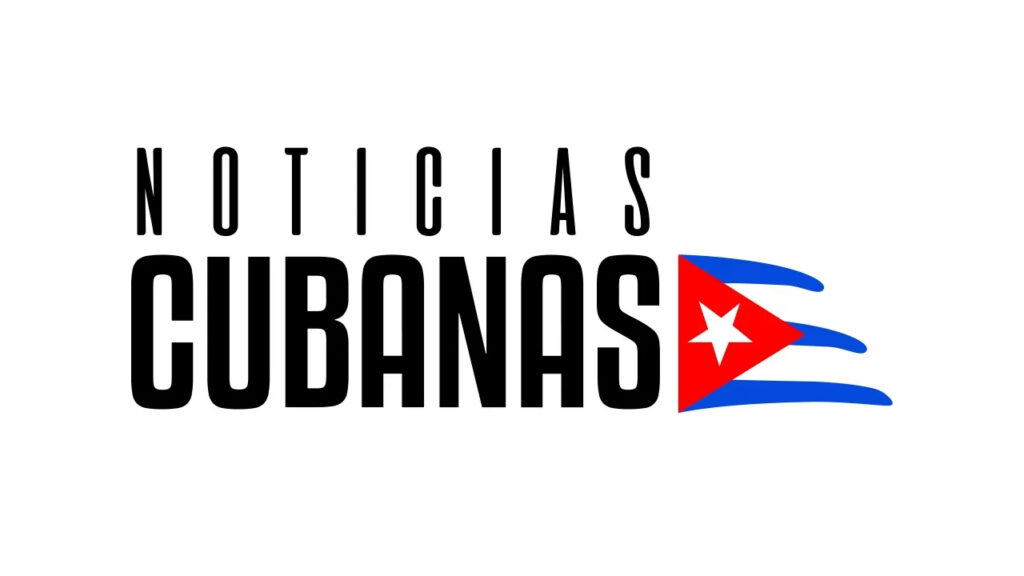We’ve slept very little since July 11th. We’re no longer sleepy, trapped in the light of mobile phones, persecuted by the heart-rending images of that day. Cubans haven’t been sleeping like usual in Spain, or in Mexico, or in Miami, or anywhere where somebody still has some concern for Cuba and the people that live here.
A trembling in the bones and heart that doesn’t let us sleep. If you care about Cuba, you can’t not be unaffected by recent events. We were angry and our exhaustion worsened, we could see how it advanced and sneaked into people’s gazes and their fists. We knew that this might turn into a protest, just like we knew that they would react violently against protesters, the day that this happened.
Since July 11th, people in Cuba are no longer sleeping like they used to. People look at each other with quiet faces and hold onto their cry in their gut, but everybody knows that something has tipped over. It is the end of the overwhelming calm on the streets, the not-so-calm calm in dilapidated tenements, or on unpaved streets in some poor neighborhoods. This discipline of waiting in line, the discipline of being angry and resigning oneself wasn’t going to last forever.
Every country protests. Every country has protested since the beginning of time. The holy people in stories, ancient civilizations, medieval people, villas of unions and apprentices, people in industrial cities, people under the yoke of their rulers and ghost towns. We had forgotten what protest was and thought that our calm was a curse that had befallen us.
The Cubans who took to the streets on July 11th shouted “freedom”. They also shouted “homeland and life”, and I saw an elderly woman call some police officers “Batista supporters”, because they were abusing their uniform. I don’t think there is anything more beautiful in the Revolution than calling a law enforcement officer who represses, a “Batista supporter.”
I also saw people shout out a pain-filled complaint in chorus: “they beat us”, in front of a commander of the Revolution [Ramiro Valdes]. As if they were a child asking help from a teacher.
We have lost our innocent sleep. The romance between the population and its protective State has ended. The father had his belt hidden under the mattress (crutch, shield, helmet, stick, gun); but he hadn’t taken it out because our relationship was founded on a mutual respect, in the children’s sovereignty, in the protective parents’ responsibility. Every parent abuses their child sometime, but they must always ask for forgiveness and there should be laws that indicate the limits of their authority.
Every child protests, escapes, makes a mess, tells unfair stories about their parents’ overprotectiveness, but we learn, from our parents too, that there are limits and we can be punished if we cross the line. That there must be a reason for punishment, that it should never be a matter of being hit for thinking differently, for wanting different things, for singing other songs and reading different books to the ones we are given and spent our childhoods reading.
We are no longer sleepy. Nobody is closing their eyes at night. Not the people who were beaten on July 11th, or those who want violence to dance its brutal dance every once in while in Cuba, or those who don’t want a single leaf on this boiling island to move, which can’t be sovereign only for dancing son.
The only possible dream in Cuba right now, is of reconciliation based on justice, responsibility, a love for the diversity of our culture, political pluralism, acceptance of differences and criticism. The most effective balsam against violence is Rule of Law, and even this won’t make the protests disappear, because this is a right and is fundamental in politics.
Law enforcement officers need to represent the Law, not those in power. The first clause of the Revolution’s social pact states that it is a national project for the humble and so, in this way, humility wouldn’t be indignity, but popular sovereignty, inclusion and social justice.
We can be humble, but once we’re empowered, we won’t aspire for hardship. Humility can be dignifying; poverty can never be an aspiration. When poor people protest, the tonfas need to lower their heads. In socialism, it’s the people that rule or the epic poem of the Revolution was a just a laughable parody.
There will always be hoodlums. In lines, at banks, at protests, on buses, in ministries, in peaceful protests, union meetings, entrance exams for university, hierarchy meetings, in families. There is a hoodlum in every family; this has always been the case. However, the sovereign people are not made up of hoodlums; they are a minority, and they must work with love so they trade the violence, ruses and abuse for hard work and kindness.
We are no longer sleepy. Our eyes don’t want to close and our tears no longer make sense. We have to find another dream, one that heals us and one that throws us into another peace-building project, with a different kind of trust and justice.
There is only one Cuba and it belongs to every Cuban. It isn’t a matter of dividing it up because its crumbs won’t be enough to fill us. We need all of it and with every Cuban by our side. Not everyone who marched on July 11th is a criminal, nor is everyone who took to the streets in a military uniform that day a repressor.
We have to dream up a new dream; and it has to be safeguarded by the light of the republic, consistent Justice, the responsibility of freedom and Law’s healing blade.
This article was translated into English from the original in Spanish.
La entrada Sleepless Nights after the Protests se publicó primero en elTOQUE.


